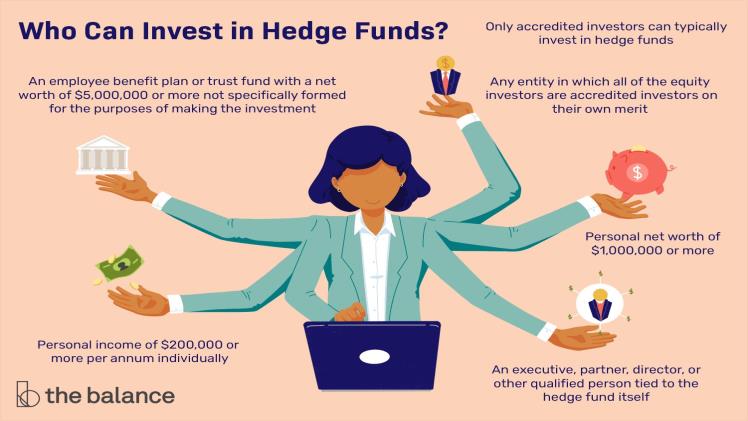Choosing the Right Hedge Fund: A Guide for Investors – Scott Tominaga

Hedge funds are an increasingly popular investment vehicle for high-net-worth individuals, institutional investors, and even retail investors. Professionals like Scott Tominaga say that unlike mutual funds, which are typically limited to investing in publicly traded securities, hedge funds can invest in a wider range of assets, including private equity, real estate, and derivatives.
However, with so many hedge funds to choose from, selecting the right one can be a daunting task. In this article, we’ll provide some tips on how to choose the right hedge fund for your investment goals and risk tolerance. Visit for know about : my puppy poop
Read more: Rajkotupdates news Government May Consider Levying Tds Tcs on Cryptocurrency Trading
Understand Your Investment Goals and Risk Tolerance
Before investing in a hedge fund, it’s important to have a clear understanding of your investment goals and risk tolerance. Are you looking for long-term growth, income, or capital preservation? How much risk are you willing to take on? These are important questions to ask yourself before you begin your search for the right hedge fund.
Please visit for more information: Publix Passport
Some hedge funds specialize in high-risk, high-reward strategies, such as investing in emerging markets or distressed debt. Others focus on low-risk, low-return strategies, such as investing in blue-chip stocks or government bonds. Still, others use a combination of both strategies to balance risk and return. Click here for more updated Vegamovies
Research the Hedge Fund Manager
One of the most important factors to consider when choosing a hedge fund is the manager’s track record. Look for a manager who has a proven history of generating returns that meet or exceed your investment goals. The manager should also have a clear investment philosophy and be transparent about their investment process.
Please visit for more information: Jio Rockers Kannada
Assess the Fund’s Performance and Risk
When evaluating a hedge fund, it’s important to look at its historical performance and risk metrics. This information can be found in the fund’s prospectus, which is required by law to disclose past performance and risk measures.
Look for a fund that has a consistent track record of generating positive returns over a long period of time, ideally through different market conditions. You should also look at the fund’s volatility, which measures how much the fund’s returns have varied over time. A high level of volatility can indicate a high level of risk, which may or may not be appropriate for your investment goals and risk tolerance.
Consider the Fund’s Fees and Expenses
Hedge funds typically charge higher fees than mutual funds and other investment vehicles. In addition to a management fee, which is typically 1-2% of assets under management, hedge funds may also charge a performance fee, which is a percentage of the profits generated by the fund.
Assess the Fund’s Liquidity and Lock-Up Period
Hedge funds often have restrictions on when investors can withdraw their funds, known as a lock-up period. This period can be anywhere from a few months to several years, and during this time, investors may not be able to access their funds.
Diversify Your Portfolio
Finally, it’s important to remember that hedge funds should be just one component of a well-diversified investment portfolio. Diversification helps to spread risk across different asset classes and can help to reduce overall portfolio volatility.
Final Word on Choosing the Right Hedge Fund
Choosing the right hedge fund can be a challenging task, but by understanding your investment goals and risk tolerance, researching the fund manager, assessing the fund’s performance and risk, considering fees and expenses, evaluating liquidity and lock-up periods, and diversifying your portfolio, you can make an informed decision that is right for you. Investing in hedge funds can be a great way to diversify your portfolio and generate returns, but make sure to do your homework before investing. Good luck!





